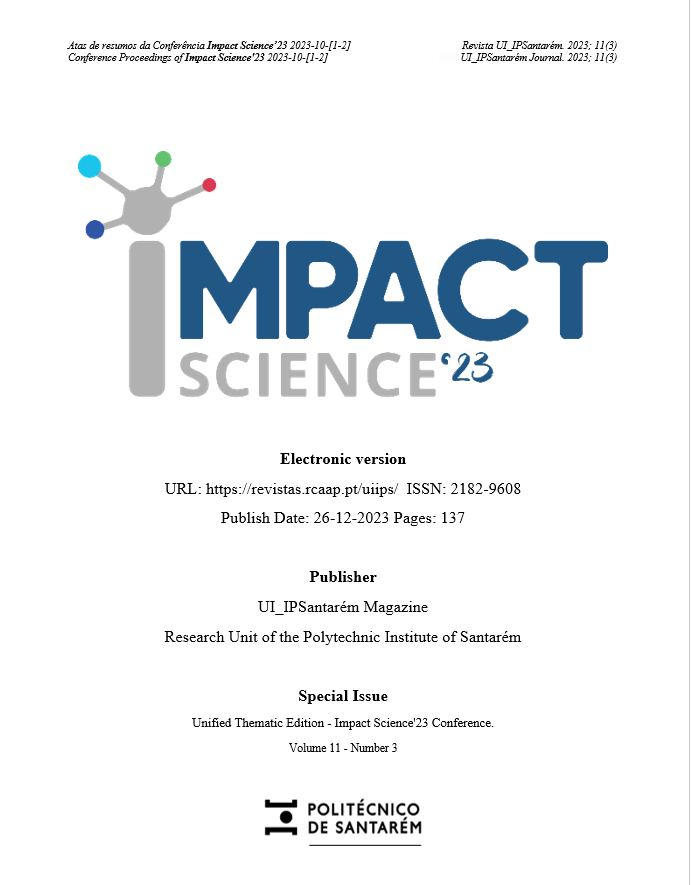Are Cows Environmentally Efficient ?
DOI:
https://doi.org/10.25746/ruiips.v11.i3.32559Keywords:
Environmental impacts, greenhouse gas, literacy, livestock, sustainabilityAbstract
Livestock production has been identified as one of the sources of greenhouse gas (GHG) emissions, which are the main drivers of climate change. But some of the information that is disseminated to the public is unfounded, leading to misinterpretations. Of course, the Paris Agreement must be taken seriously to achieve the goals of stabilizing global warming, and there are many opportunities and solutions to stabilize and even reverse global warming. This study was part of the Demola project and aimed to study the production model of cattle farming, assess the literacy of citizens in general, and assess the potential environmental impact of this sector. The survey applied to 1142 citizens revealed that 90% of the people surveyed consume beef, milk and its derivatives. Of those who do not consume these products, 58% adopt a vegetarian diet and 40% were lactose intolerant. Regarding sustainability, consumers are unaware of whether farms comply with sustainability standards or whether this economic sector contributes negatively to environmental impact. The literature research and the contact with several producers and researchers revealed that different livestock production systems can be environmentally sustainable, depending essentially on the management mode. There are several steps that can be implemented to mitigate environmental impacts: feed supplements that reduce methane emissions, genetic improvement that selects more efficient animals, technological innovations that increase the yield and efficiency of the farm and consequently sustainability. With this study it was found that, even with the efforts of the livestock sector to reduce environmental impacts, there is still a lot of misinformation on the part of the various hierarchical levels of production and the entire livestock sector.
Downloads
Published
How to Cite
Issue
Section
License
Copyright (c) 2023 Bárbara Emidio, Bárbara Gonçalves, Bruna Fidalgo, Mariana Ferreira, Laura Mendes, Vitória Pereira, Helena Lalanda, Margarida Oliveira

This work is licensed under a Creative Commons Attribution-NonCommercial-NoDerivatives 4.0 International License.
Authors publishing in this journal agree to the following terms:
Authors retain copyright and grant the journal the right of first publication, with the article simultaneously licensed under the Creative Commons Attribution License that allows sharing of the work with acknowledgement of authorship and initial publication in this journal.
Authors are permitted to enter into additional contracts separately for non-exclusive distribution of the version of the article published in this journal (e.g., publish in an institutional repository or as a book chapter), with acknowledgment of authorship and initial publication in this journal.
Authors have permission and are encouraged to publish and distribute their work online (e.g., in institutional repositories or on their personal webpage) at any point before or during the editorial process, as this may generate productive changes, as well as increase the impact and citation of the published work.



